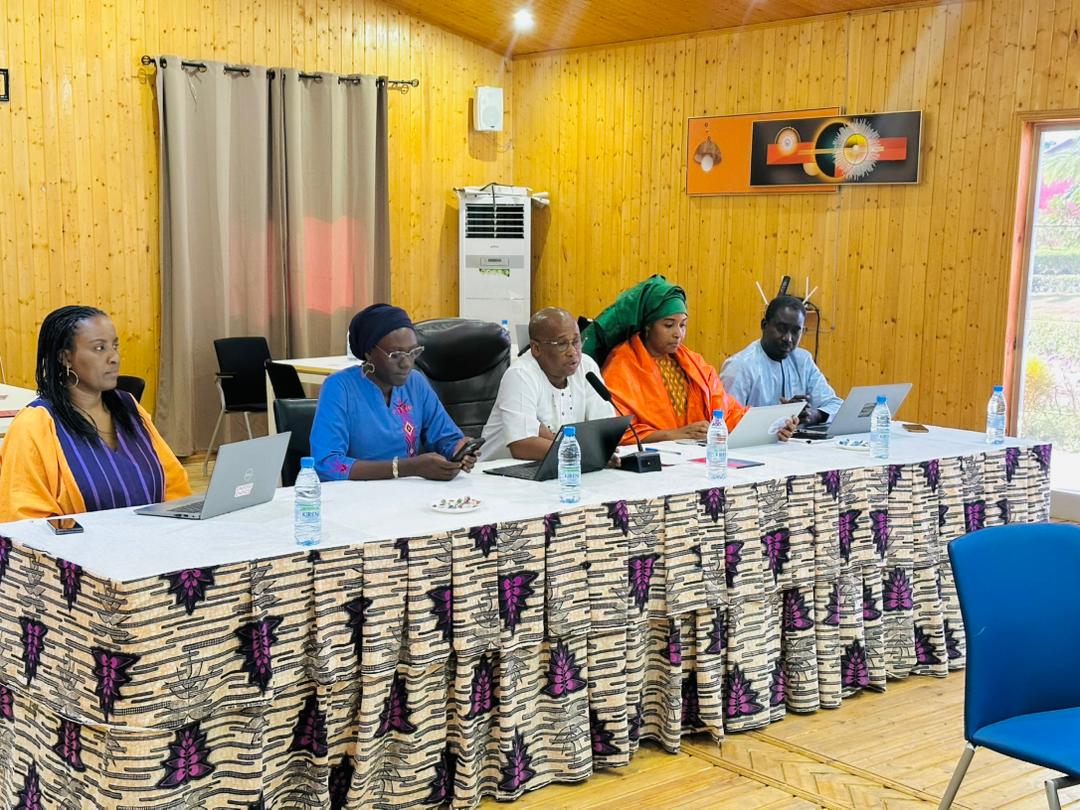
WISH2 : Vers une nouvelle stratégie de changement social et comportemental inclusive au Sénégal
Under the leadership of the Ministry of Health and Public Hygiene, a co-creation workshop for Senegal's Social and Behavioral Change (SBC) Strategy was held in Saly. This meeting, part of the WISH2 project (Women's Integrated Sexual Health - Phase 2), was organized by the NGO RAES. It brought together representatives of the government, technical partners, community and religious leaders, as well as associations of people living with disabilities, to develop a national communication strategy for social and behavioral change (SBC).
The workshop follows on from the WISH1 project, which experimented with various CSC approaches, including The Ideal Family, MSI's MS Ladies, and the School for Husbands. This second phase aims to strengthen the integration of mass and digital media to reach a wider and hard-to-reach audience, while also expanding the target group to include people with disabilities.
Imam Elimane Diagne, president of the Collective for the modernization of daaras, stressed the crucial role of religious leaders.
"Imams can relay these messages during sermons, weddings or baptisms. These are privileged moments of listening where we can raise awareness about maternal and infant health and the prevention of avoidable deaths," explained the Imam.
Thus, the discussions identified eight essential pillars around which the future CSC strategy will be structured: diagnosis and contextual analysis; information and education on family life; changing individual and collective attitudes; transforming negative social norms; monitoring and evaluation; community participation; gender and social inclusion integration (GESI); sustainability.
These pillars will serve as a foundation for developing, with the support of RAES, national strategies adapted to each country in the consortium, Mauritania, Senegal, Niger and Chad.
For Sanou Gning, director of the WISH2 project for West and Central Africa, the goal is not to overturn social norms, but to advance some of them.
"We do not want to change all our social norms, but to evolve them so that women can freely access reproductive health services. We need to innovate, adapt and offer communities informed choice," said Ms. Gning.
She also emphasizes the need for an evidence-based approach and continuous learning.
"The world is evolving, mindsets are changing. Strategies must keep pace with this to remain effective and inclusive," she said.
The NGO RAES, technical partner of the project, leverages two decades of experience in communication for development, through emblematic programs such as C'est la vie.
Director Rabiatou Sangaré Diallo points out that: "Sustainable change emerges when communities recognize themselves in the messages and stories they receive. Our role is to support this empowerment and to help communities identify their own solutions."
She specifies that the WISH2 project covers nine regions of Senegal and aims to reach 2.6 million people, contributing to the reduction of maternal and neonatal mortality, early pregnancies, gender-based violence (GBV) and HIV, while improving the contraceptive prevalence rate.
At the end of the four days of work, participants expect to have a communication guide adapted to each region, defining the behaviors to be promoted, the key messages, the targets and the priority activities.
Under the coordination of the Ministry of Health, this co-constructed strategy will mark a new step in promoting equitable, inclusive and sustainable access to reproductive health and family planning services in Senegal.

Commentaires (0)
Participer à la Discussion
Règles de la communauté :
💡 Astuce : Utilisez des emojis depuis votre téléphone ou le module emoji ci-dessous. Cliquez sur GIF pour ajouter un GIF animé. Collez un lien X/Twitter ou TikTok pour l'afficher automatiquement.